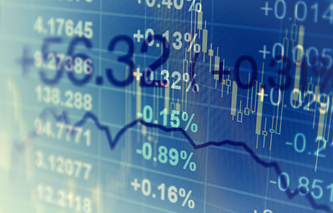Definition
The term market arbitrage refers to the practice of selling a security in one market and buying it in another. Market arbitrage is possible when the price of the same security is not identical in two different markets.
Explanation
While stock exchanges are considered efficient markets, there are instances when the mispricing of securities provides the opportunity for profits through market arbitrage. This approach requires the trader to sell a security in one market, while buying it at a lower cost on another. Market arbitrage can only occur when the price of the same security is not identical on two different exchanges.
Market arbitrage is only possible because stock markets are not perfectly efficient. If they were, the price of the same security would be identical on all exchanges. Traders realize markets are not perfectly efficient and exploit this imperfection to make a profit. For an investor to create a profitable transaction, not only must a price differential exist between two markets, but the total difference must be in excess of the brokerage fees paid on the orders.
Example
Company XYZ's stock is currently trading on the NASDAQ for $21.25 per share, while it is trading on the Euronext market for $21.35 per share. An alert trader notices the opportunity for market arbitrage and immediately buys 10,000 shares of Company XYZ on the NASDAQ for $212,500 and sells those same 10,000 shares on the Euronext market for 213,500; realizing a profit of $1,000 on the transaction.





